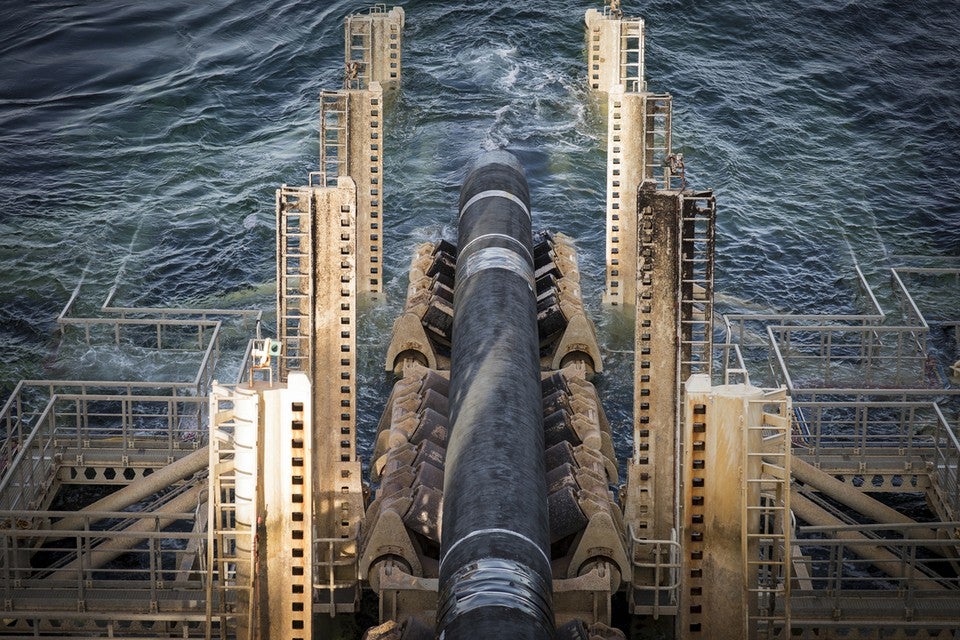
The Nord Stream 2 gas pipeline is an underwater export pipeline project in the Baltic Sea that will transport Russian natural gas to the European Union.
The international natural gas pipeline will feature two offshore export gas pipelines, each of 1,230km length, with both of them made up of nearly 100,000 pipe joints.
According to Nord Stream 2, which is the project holding company, the Solitaire and Pioneering Spirit offshore pipelay vessels, owned by Allseas, are currently engaged in installing the pipeline in the Swedish Exclusive Economic Zone.
The company said that nearly twenty vessels have been deployed as of now in the project location in the Baltic Sea while close to 1,300 people are working on board the pipelay, survey and pipe supply vessels.
Nord Stream 2, in a statement, said: “Another milestone was also reached last week, when the project’s coating and logistics contractor Wasco completed concrete weight coating of its share of the steel pipes in its plant in Kotka, Finland, where approximately 101,000 steel pipes had been coated. This corresponds to half of the pipes needed for the twin pipelines.”
The twin pipelines will deliver natural gas sourced from the Bovanenkovo gas field in Yamal Peninsula in Russia to various regions of Europe.
The Nord Stream 2 gas pipeline is an expansion of the already constructed and operating Nord Stream offshore natural gas pipeline in the Baltic Sea.
Scheduled to commence operations this year, the Nord Stream 2 gas pipeline will have a capacity to transport 55 billion cubic meters of gas per year. It is majority owned by Gazprom, which is partnered by BASF/Wintershall, Engie, E.On, OMV, and Shell.
The pipeline is estimated to supply natural gas to Europe for at least 50 years, thereby boosting the energy security in the region. It will deliver enough gas to meet the annual energy consumption needs of close to 26 million households in the region.
The amount of gas delivered by the Nord Stream 2 gas pipeline is estimated to be equivalent to the load transported by 600-700 liquefied natural gas (LNG) tankers.



